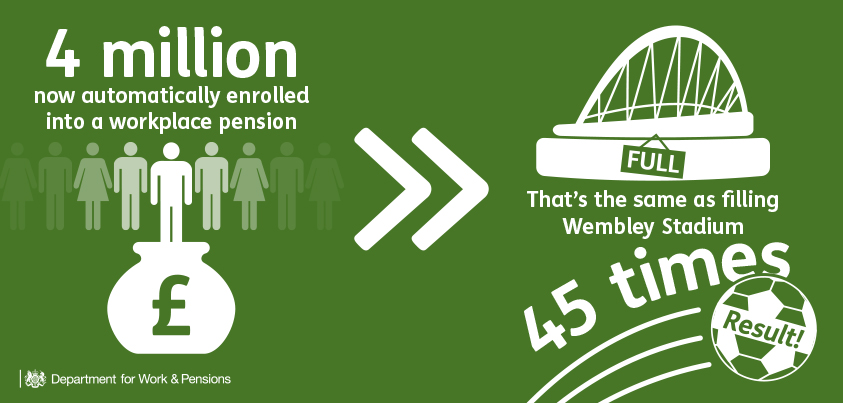Capital Allowances for Cars – Crunchers, Accountants Edinburgh
At Crunchers, Accountants Edinburgh, we often get asked about Capital Allowances for Cars. The most popular concern clients have about cars is the absence of a balancing allowance when a company sells its only car. 8 years ago, in 2009 there was a reform of the capital allowances on cars.
The capital allowance available on a car is usually a writing down allowance of 18% (as long as it has an emissions rating of no more than 130 g/km or no emissions rating because it was registered before March 2001) or 8%. The cost of a car never qualifies for Annual Investment Allowances because they are the second exclusion listed in section 38B of the Capital Allowances Act 2001. There is a first-year allowance available for cars with an emissions level-up to 75 g/km as long as the car is new and unused (or used only for the purpose of delivering it or using it as a demonstrator vehicle).
Given the limitation to a writing down allowance only, it is very often the case that when the time comes to sell the car, the unrelieved cost of the car within the accounts is higher than it is worth. For example, if a car costing £25,000 with an emissions rating of 170 g/km is sold after 5 years, only £8,523 of writing down allowances will have to be obtained but its value is likely to be much less than the tax written down the value of £16,500. Regularly, when the taxpayer is a small company, the cost of a car is the only expense getting an 8% writing down allowance so when the car has gone, the expectation is that there will be a balancing allowance for the remaining value in the pool. There is disbelief when the there is no balancing allowance but you continue to get a writing down allowance for a car that has disappeared from the balance sheet. So what is going on?
The taxpayer only gets a writing down allowance instead of a writing down allowance for the final chargeable period (s.55(4) CAA2001) and, unless the pool is a ‘single asset pool’, the final chargeable period is when the business ceases (s.65 CAA 2001). Prior to the reform of allowances on cars in April 2009, an “expensive car” went into a single asset pool for that reason but since then cars are treated the same as any other plant as far as pooling rules go. Therefore, a car now only goes into a single asset pool if there is non-business use (s.206 CAA2001). Where a car is made available by an employer to a director or an employee to use for private journeys, it is still being used for the purpose of the qualifying activity from the employer’s point of view. Therefore, unless the disposal is of a car used by the proprietor of an unincorporated business where there has been a private use adjustment, no balancing allowance will pop out unless the business is ceasing at the same time.
Want to know more, then please get in touch for a no obligation chat on 07780 498 075
Crunchers – Accountants Edinburgh
Reproduced by kind permission Croner Taxwise
© Photo Credit psyberartist


